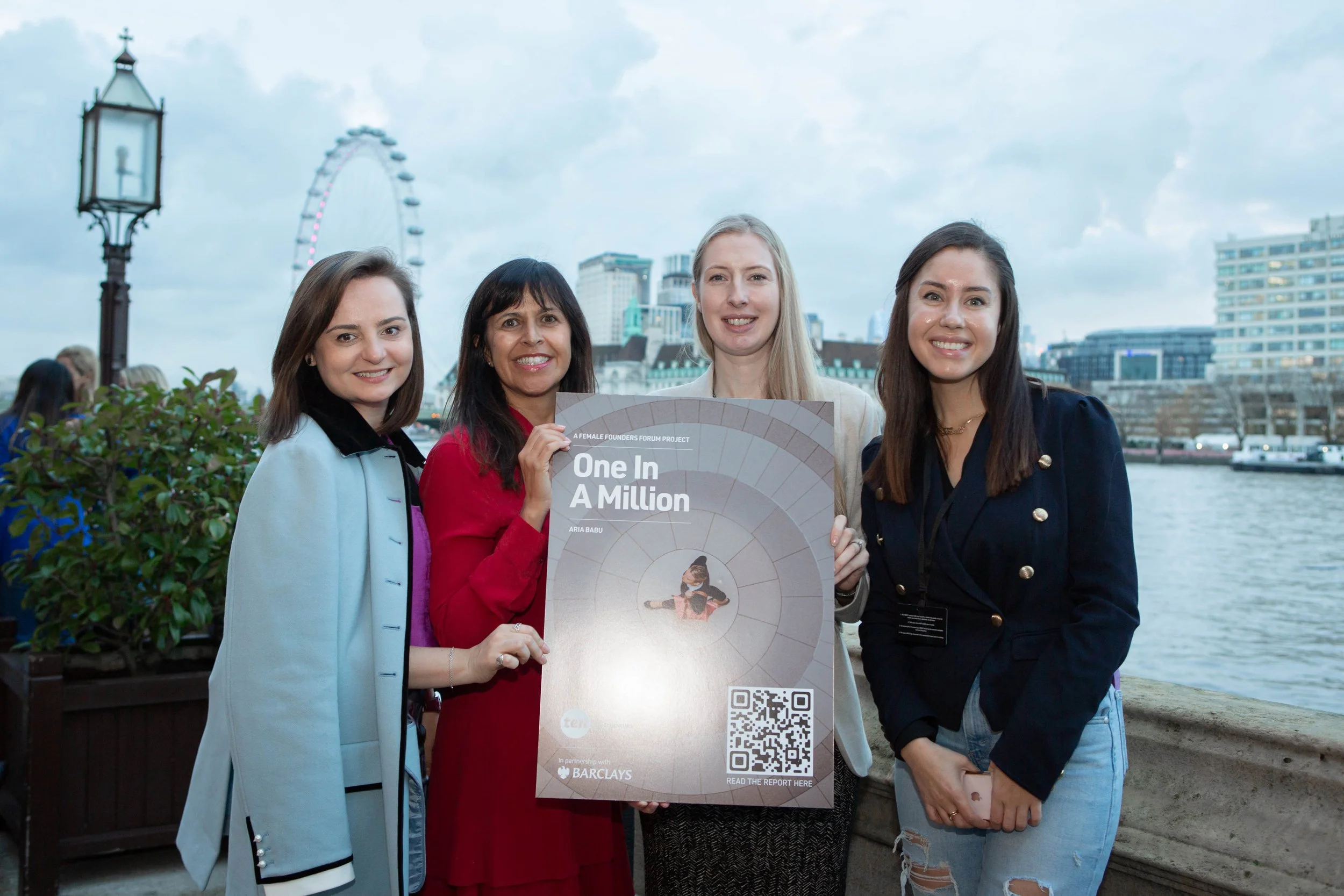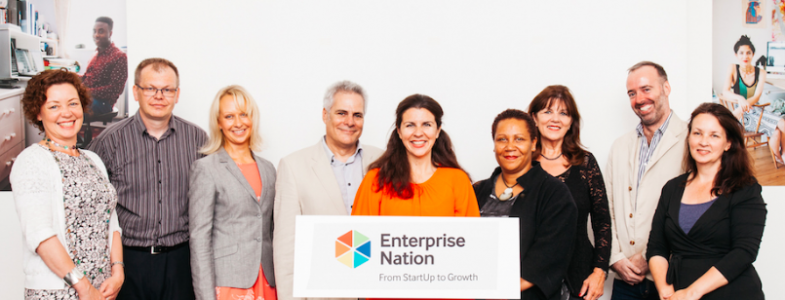My business partner and I started working on Seedrs in 2009. Our mission then – as it is today – was to build a platform that would make it simple and straightforward for people to invest in businesses they believe in. These were primarily start-up, early-stage, and growth-stage but pre-public companies. At the time there was plenty of access, and plenty of ways to gain access, to public markets. But the private market of investing in growth businesses had traditionally been very opaque, exclusive and clubby, and had changed little since the Victorian era: i.e. groups of rich people getting together and writing cheques. That was the case in 1870 and it was the case in 2005.
We felt that there was a great opportunity to open the process up and make it a democratised asset class. At the same time we wanted to give entrepreneurs a new source of capital, so that they wouldn’t be entirely dependent on the very limited available friends and family or angel money. But we could also use fundraising to drive value for their business by building networks – by providing entrepreneurs with 200 or 300 people with a vested interest in their success. They could then leverage those networks commercially.
But getting to where we are today has been a long and complex process. We were the first regulated equity crowdfunding platform in the world, and being the first regulated business in an industry is not something I would recommend! But we did it. My background as a lawyer has helped – especially with things like nominee structures. But we’ve also tried to create a balance where investors and entrepreneurs get all the benefits of this sort of mass participation, while all of the admin is streamlined through us. For example: if you raise finance through Seedrs, you only face us as a single legal shareholder. You have full interaction with investors but we sign consents.
We’ve funded almost 300 deals to date, having finally launched in July 2012. We’re growing very quickly and are seeing anywhere from £3-£6 million invested every month, which is constantly growing as well. We’re providing great opportunity for a wide range of businesses to seek capital, and for investors to invest in them. These businesses range from the classic Shoreditch, techy, fast-growth, first stage onto VC backing type businesses, but also include consumer products plays, finance plays, retail, and entertainment assets.
As an aside, I want to mention that when we started working on this in 2009, when we started putting out the idea, there were two types of real push back. One was from the lawyers – greatest respect to my brethren here – who said we’d never get regulatory approval. But the other, more fundamental challenge was the suggestion that this was niche: that there was only a handful of startups out there at any given time and that we’d only wind up funding a proportion of them. So fine, people said, we might do 10 or 20 companies a year – but that’s not a business, it’s a hobby.
They based this on statistics around the number of companies receiving VC funding each year. That, they thought, was the entire market of businesses we could invest in, and we’d only be taking a proportion of it. But we rejected this instinctively and on the basis of the data. We knew that one popular view said that there were only two kinds of businesses in the world: the first was super high-growth tech businesses that were shooting for £1 billion plus valuations. Everything else, people thought, was a lifestyle business that would only provide an income for the founder.
But that wasn’t true. There were a wide range of ambitious growth businesses which sat across the spectrum, and we had data to show it. The Global Entrepreneurship Monitor is a very comprehensive study put out every year by a consortium of academics across the globe and it surveys entrepreneurial attitudes and behaviours in many different countries. From that data, we could extrapolate a number of things.
We looked at what they defined as a growth business, and specifically looked at businesses that were aiming within the next five years to employ 20 people or more. That’s an equity fundable businesses – if it goes from zero to 20+ employees, it has done something of interest. We then asked how many of those were seed and early stage across Europe? And the answer was around 1m. That shows just how vast the entrepreneurial ecosystem is, and that huge numbers of these businesses may not be boom or bust, but instead have a risk/reward profile that can be very interesting to equity investors.
That got us thinking more broadly about the dichotomy between tech and non-tech, and this brings us to the idea of stagnant industries. Around 2009/10, government and others classified businesses into tech and non-tech. But we realised that the distinction didn’t make much sense anymore either. There are very few businesses that do not use technology in a way to drive their growth. And those that do exist may not have much future ahead of them, bar a few service industries. We’re in a world 20 years after the digital revolution where the effective use of software and technology is a core part of the business. People are starting to say that there’s no such thing as a tech business, there’s just a business.
That, I think, is one of the most interesting and powerful ways that the entrepreneurial world is evolving. If we think about the late 90s, the dotcom boom and the emergence of Silicon Valley, there was a niche called a tech company, and then there was the rest of the business world. Now, we’re seeing a spectrum, seeing more opportunities for businesses that don’t think of themselves as classically tech plays to take advantage of all the value creating potential that comes from tech plays. You talk about different types of revenue having different value – the brilliance of software: I can barely turn on my computer, I have no great technical knowledge, thank heavens my co-founder understands all this stuff. But one basic thing I understand is that if you think of a traditional factory, you manufacture a widget, you sell a widget, you make a widget, you sell a widget. With software, you write some code once and you sell it 1,000 times. And that is fantastic. Being able to leverage those economic realities is so powerful for so many businesses that if you can get it right, your ability to grow very substantially – far in excess of the way businesses used to grow in the 20th century growth model – is brilliant.
As a final point: when we started working on Seedrs, a book called The Lean Start-Up by Eric Ries had become really hot. It had a whole lot of thinking around concepts like building a minimum viable product (MVP) for your business and how you do things in a super lean, agile way. You try, you test, you iterate. Now, in the way that techies often do, they co-opted this for themselves. They said it was their way of doing business, and people started thinking about MVPs as something purely for tech products.
What people forgot was that the whole basis for the Lean Start-Up and the whole Lean methodology wasn’t an original thought had by Eric Ries, but rather an adaptation of the Toyota lean models going back to the seventies. It was a set of ideas derived from the most classic, traditional industrial company you can think of, and taking those concepts and adapting them into tech. It comes full circle. Thinking built for the industrial world was brought into the tech world, and now we’re seeing it be repurposed again for the full range of companies. I see businesses across the board, including even Companies House [of which I am a non-executive director], which are focused on lean methodology. It’s fascinating to watch.
It’s been a very interesting and entirely encouraging experience for me these past six years. I walked into a world that seemed very dichotomised between investible/non-investible, growth/lifestyle, tech/non-tech into a world that’s much more fluid and into a world where businesses in such a wide range of industries have been able to take advantage of the techniques and experience the kind of growth that used to be the preserve of only a limited sector.
Jeff Lynn is co-founder of Seedrs. He was keynote speaker at a Mishcon de Reya/Entrepreneurs Network Leap 100 Power Breakfast on 19 November 2015.

























